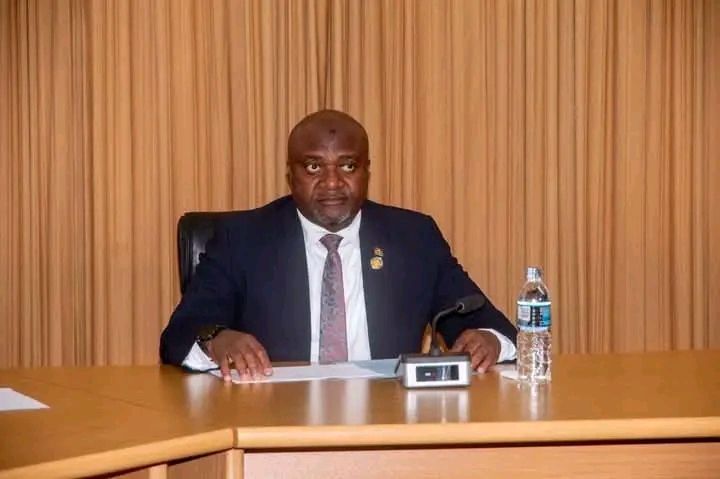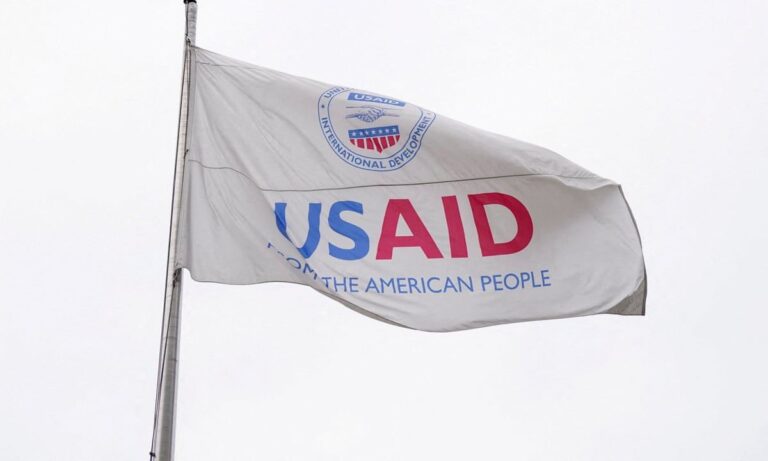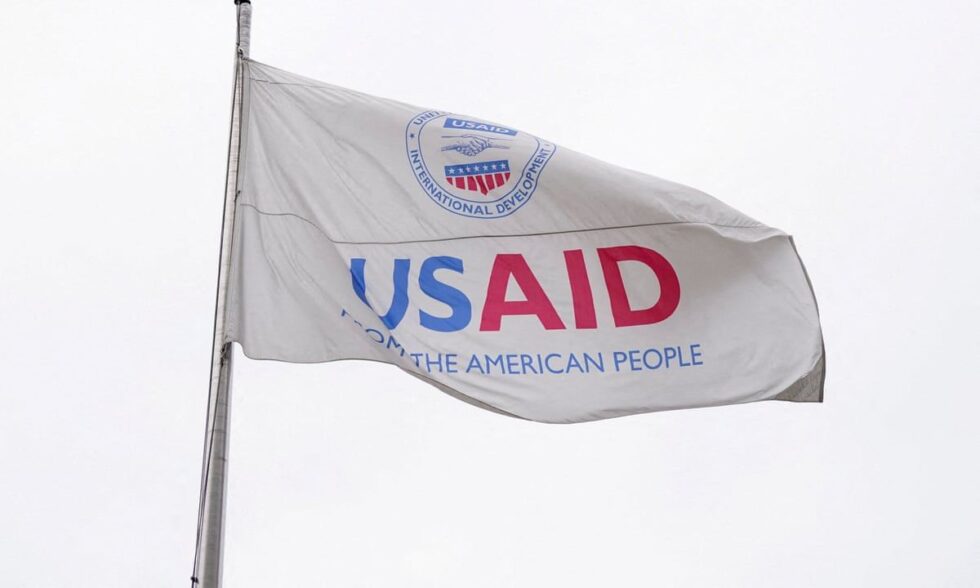By Twink Jones Gadama
The United States Agency for International Development (USAID) has announced that all staff will be placed on administrative leave starting February 7 (Friday), including in Malawi. The announcement has sent shockwaves throughout the development community, with many wondering about the implications of this move.
According to a statement released by USAID, the administrative leave is a precautionary measure aimed at ensuring the safety and security of all staff. The agency has not provided further details on the reasons behind this decision, fueling speculation and concern among staff and partners.

The move is likely to have significant implications for USAID’s operations in Malawi, where the agency has been working to support development programs in areas such as healthcare, education, and economic development. USAID has been a key partner for the Malawi government, providing critical support for the country’s development efforts.
As news of the administrative leave spread, many in Malawi’s development community expressed concern about the potential impact on USAID’s programs and activities. “This is a surprise move, and we are not sure what it means for USAID’s programs in Malawi,” said one development expert, who wished to remain anonymous. “We hope that the agency will provide more information soon, so we can understand the implications of this decision.”
The administrative leave is also likely to affect USAID’s partnerships with local organizations and businesses. Many of these partnerships are critical to the success of USAID’s programs, and the sudden interruption of these partnerships could have significant consequences.
As the situation continues to unfold, many are watching with bated breath to see what will happen next. Will USAID provide more information on the reasons behind the administrative leave? How will the agency’s programs and activities be affected? And what will be the long-term implications of this move for USAID’s operations in Malawi and around the world?







